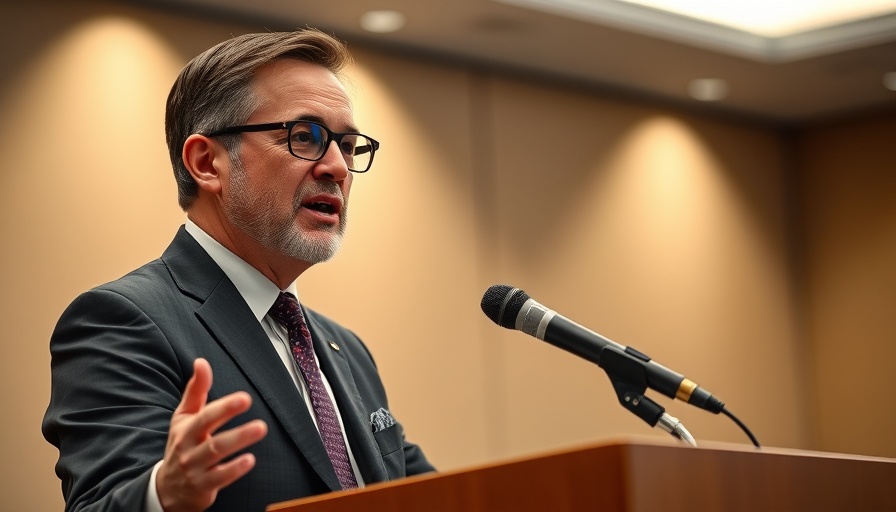
Understanding the Flaws in the Public Health Approach to Gun Violence
Gun violence is an urgent crisis in the United States, with nearly 47,000 lives lost to gun-related injuries in 2023 alone. Yet, as psychiatrist and author Jonathan Metzl argues in his thought-provoking book, What We've Become: Living and Dying in a Country of Arms, the public health framework designed to address this epidemic has significant shortcomings. Instead of merely counting fatalities, it's essential to consider the broader societal issues—politics, identity, and systemic racism—that contribute to gun violence, leading many to ask: has the public health framework failed in this fight?
Framing Gun Violence as a Public Health Crisis
At a recent book talk at Health Journalism 2025 in Los Angeles, Metzl emphasized that public health has a vital role but must evolve. While efforts such as red flag laws and data collection are valuable, they fall short if they don't address the deeper factors influencing gun violence. For instance, reflecting on the tragic 2018 Nashville shooting by a white gunman that targeted young adults of color, Metzl connects political and racial tensions to the epidemic of firearm violence, pointing out the neglect in recognizing these complexities.
Redefining the Public Health Narrative
According to Metzl, traditional public health narratives often overlook how gun violence intersects with issues of race and power. He argues that viewing gun violence purely through a biomedical lens limits understanding, rendering attempts to address it ineffective. The public health framework needs to incorporate these social determinants and provide a comprehensive approach to the crisis. By integrating insights from other disciplines and focusing on holistic health, public discourse on this issue can shift.
Community and Individual Responses: The Need for Change
How can communities respond to the challenge of gun violence in light of these critiques? Metzl suggests that developing community-based interventions that address the root causes is essential. This includes empowering local organizations to engage meaningfully with residents, create dialogue, and foster resilience. Such grassroots initiatives can play a crucial role in establishing a culture of safety and health. Communities across the nation are encouraged to develop wellness programs that not only provide safety but also promote mental health, emotional well-being, and stress management—a holistic approach to addressing trauma and its aftermath.
The Role of Individual Mental Health
The emotional toll of gun violence extends beyond immediate victims to entire communities. As public health professionals reassess their strategies, a focus on mental health becomes paramount. Understanding mental health can facilitate the creation of supportive environments fostering recovery and resilience. Activities like meditation, yoga, and stress management techniques can empower individuals, promoting overall wellness while addressing the emotional scars left by gun violence.
Looking Ahead: Future Strategies and Opportunities
Metzl's work raises critical questions about the future of public health in fighting gun violence. Going forward, a synthesis of health education, advocacy, and community engagement will be necessary. Networking, sharing best practices, and implementing functional fitness and wellness goals into communities can establish a healthier future. As public health evolves, turning towards holistic health strategies that encompass physical, mental, and social dimensions will be vital in addressing the epidemic.
Conclusion: A Call to Action
Gun violence is much more than a statistic; it represents a crisis that touches millions of lives. As Metzl challenges his peers to rethink the public health framework, each of us can play a part by advocating for a more inclusive approach. Engaging in community health initiatives, supporting mental wellness programs, and remaining vigilant about addressing systemic issues can drive change. As we reflect on our contributions, let's take action towards creating healthier environments for all.
 Add Row
Add Row  Add
Add 




Write A Comment